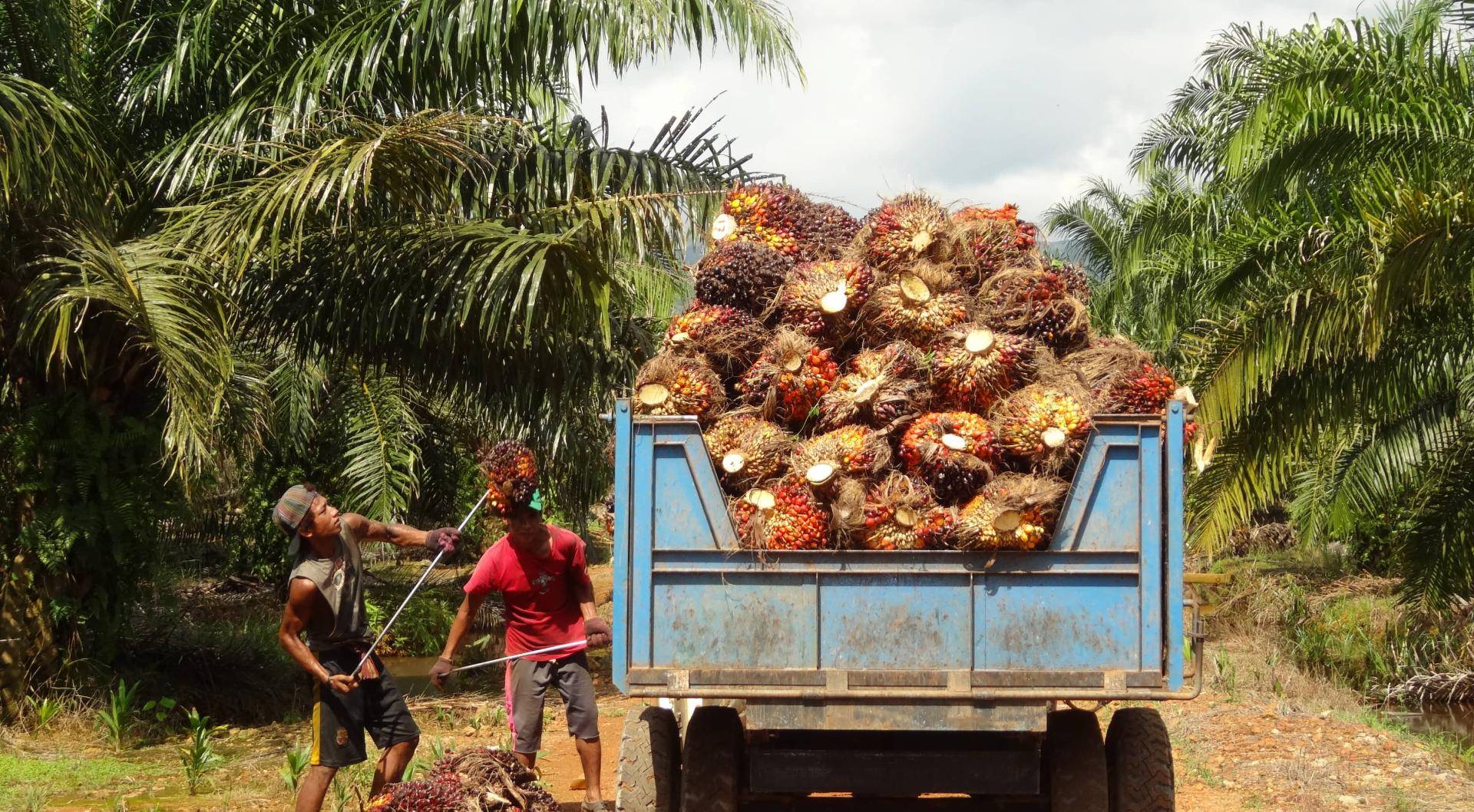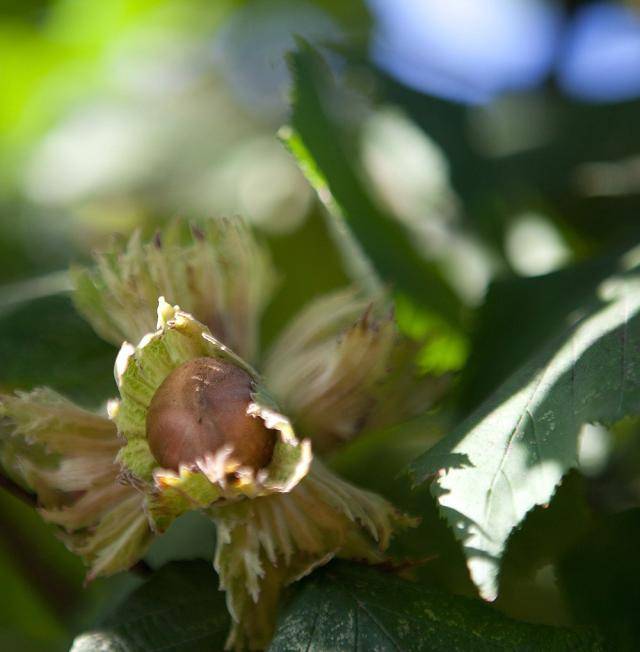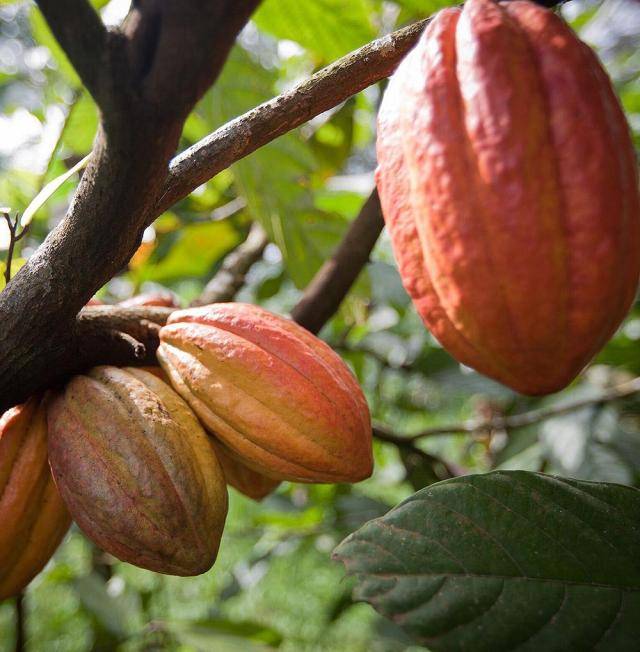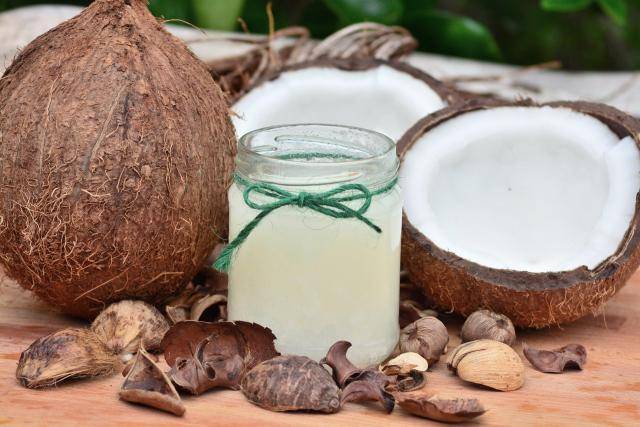Barry Callebaut is committed to sourcing sustainably produced palm oil that supports our No Deforestation, No Peatland and No Exploitation (NDPE) commitments. In order to advance sustainable and deforestation-free palm oil, we have adopted a strategy which combines traceability, certification, satellite monitoring, supplier evaluation and industry collaborations.
Palm oil is a versatile, land-efficient vegetable oil crop widely used in food products. When produced sustainability, the industry supports millions of livelihoods and can be developed without putting pressure on critical forests and natural ecosystems. At Barry Callebaut, we use palm oil, palm kernel oil, and their derivatives, in a number of our products. We are committed to sourcing and promoting the production of sustainable palm oil.
Our Approach to Sustainable Palm Oil
Our Sustainable Sourcing Policy for Palm Oil (NDPE Policy) sets out our commitments and requirements to source sustainable and deforestation-free palm oil. To ensure that our policy is turned to action, Barry Callebaut’s has adopted a multi-faceted approach which involves:
- Working towards full traceability to mill (TTM) and traceability to plantation (TTP) to help us understand the origin of the palm we purchase (including sources that are high-risk). Our 2024 mill list is available online.
- Assessing our direct suppliers on their palm and NDPE policies, commitments, traceability status, grievance procedure, social; and environmental program investments, and monitoring and verification activities;
- Using Palmoil.io for monitoring deforestation through satellite imagery and supply chain relationships in near real-time, from concession to refinery. We receive monthly reports with deforestation alerts and grievance monitoring reports to help us obtain actionable insights into potential regulatory and NDPE violations;
- Engaging with our suppliers, using insights gathered through our traceability and assessment of suppliers, to understand any potential non-compliance and how to work better together towards achieving NDPE commitments;
- Partnering with other industry stakeholders to implement projects on the ground. We currently participate in the Coalition for Sustainable Livelihoods (CSL), a consortium to create a model of sustainable land use to foster improved livelihoods through policy, investment, and private sector engagement in North Sumatra and Aceh, Indonesia;
- Participating in various multi-stakeholder initiatives. Barry Callebaut currently participates in the following:
- Roundtable on Sustainable Palm Oil (RSPO): We have been an active member of the RSPO since 2011 and continue to increase our sourcing of RSPO-certified palm oil. We also annually report our progress in our Annual Communication on Progress (ACOP) report.
- The Palm Oil Collaboration Group (POCG): As a member of the POCG, we work together with other companies to accelerate effective implementation of the NDPE commitments. We are currently part of the Implementation Reporting Framework Active Working Group (IRF AWG) and Independent Verification Working Group (IVWG).
- Singapore Alliance for Sustainable Palm Oil (SASPO): Through our SASPO membership, we work with other companies to tackle supply chain issues around palm oil and work towards increasing the supply and demand of certified sustainable palm oil in Singapore.




